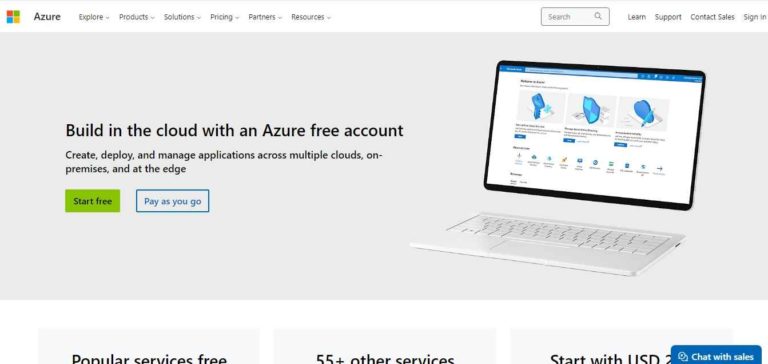In a chilling revelation, a new wave of cyber threats is engulfing the corporate landscape, specifically targeting high-ranking executives and senior professionals. The battleground for this digital onslaught is Microsoft Azure, as cyber adversaries launch a sophisticated hacking campaign, leaving a trail of compromised cloud accounts and stolen data.
Recent research from Proofpoint has unearthed a meticulously orchestrated hacking campaign that has been in operation since late November 2023. The threat actors, still unidentified, have honed in on high-value targets, employing targeted phishing and cloud account takeover techniques to breach Microsoft Azure environments.
The modus operandi of this cyber campaign involves the distribution of personalized phishing lures embedded within shared documents. Deviously crafted documents include seemingly innocuous links such as “View document,” which, when clicked, redirect victims to malicious phishing pages designed to pilfer login credentials.
Despite the apparent breadth of their net, the hackers exhibit a strategic focus on individuals holding pivotal roles within organizations. Sales Directors, Account Managers, Finance Managers, and top-tier executives, including titles such as “Vice President, Operations,” “Chief Financial Officer & Treasurer,” and “President & CEO,” find themselves in the crosshairs of this digital onslaught.
Once breaching the targeted cloud environments, the hackers embark on a multifaceted attack strategy. This includes establishing their own multi-factor authentication, maintaining persistence, and executing data exfiltration. In some instances, they leverage their access to engage in Business Email Compromise (BEC) and wire fraud, manipulating HR and Finance departments with fraudulent payment requests.
To cover their tracks and erase any evidence of intrusion, the hackers deploy sophisticated tactics like setting up various mailbox rules within the target network. The research identifies a diverse infrastructure employed by the threat actors, encompassing proxies, data hosting services, and hijacked domains. Notably, the hackers exploit local fixed-line ISPs, providing researchers with leads on potential locations. Russian-based ‘Selena Telecom LLC’ and Nigerian providers ‘Airtel Networks Limited’ and ‘MTN Nigeria Communication Limited’ have been identified, hinting at possible Russian and Nigerian origins.
While Proofpoint has refrained from attributing this campaign to a specific threat actor, the complexity and global reach of the attack underscore the escalating sophistication of cyber threats. As organizations grapple with the fallout of this targeted assault, the imperative for heightened cybersecurity measures becomes more pronounced than ever. The war in cyberspace rages on, and executives stand as primary targets in this new frontier of digital warfare.




